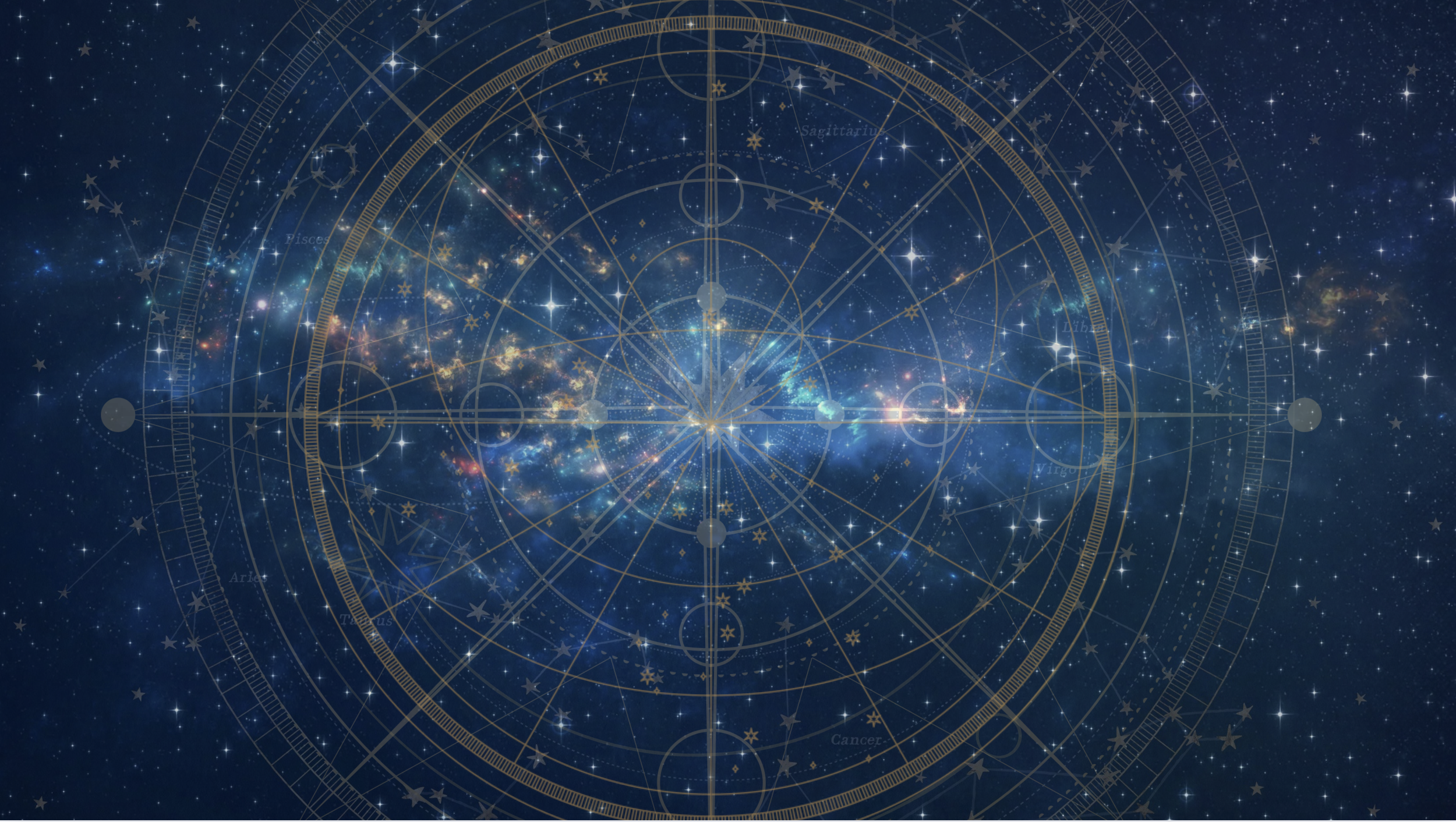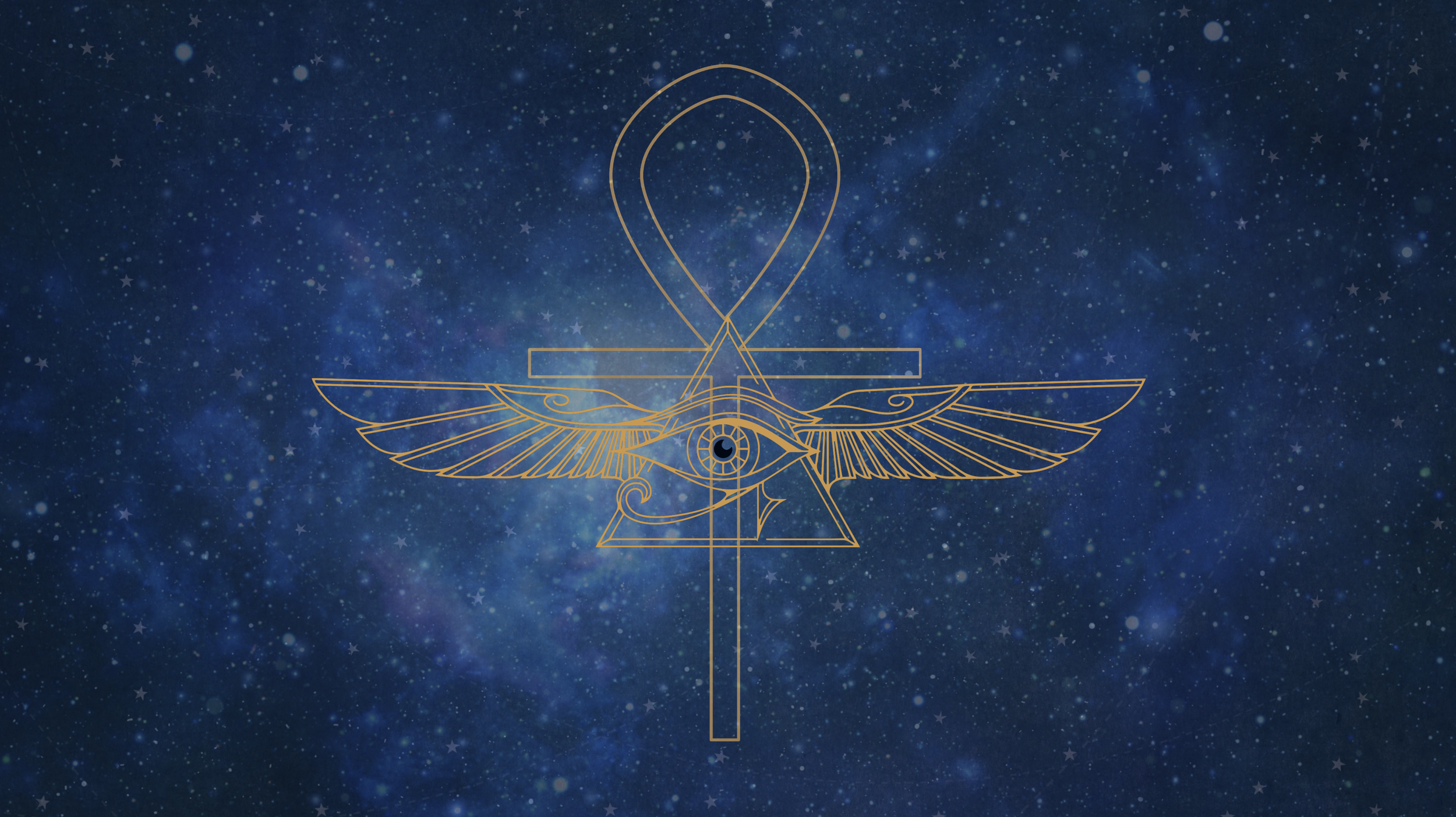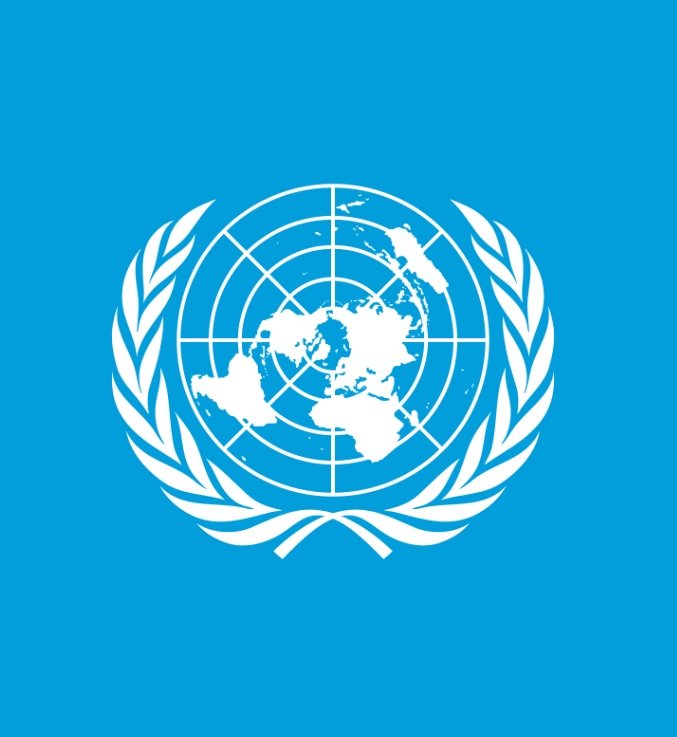
Samuel Loncar, Ph.D. (Yale) is a philosopher, institution builder, consultant, keynote speaker, and existential coach for individuals and corporations. He builds bridges between the ivory tower and the public square, and he has worked with clients such as the United Nations, Oliver Wyman, Ximalaya FM, Flagship Pioneering, and Red Bull Arts.
Born in Athens, Greece, Samuel's ancestors’ diverse origins give him global roots: in Okinawa, Japan, among the Chippewa (or Ojibwe) people, and in Eastern Europe (Poland and Croatia), and motivate his mission to unite the ancient and the modern, integrating separated silos of knowledge and culture that need each other’s wisdom.
Samuel is the Editor-in-Chief of the Marginalia Review of Books, Founder and Director of the Institute for the Meanings of Science, Co-Founder of The Writing College, Creator of the Becoming Human Project , and the host of Becoming Human: A Show for a Species in Transition. His book, Becoming Human: Philosophy as Science and Religion from Plato to Posthumanism, is appearing with Columbia University Press.

“Philosophy is a way of life, the way called Human.”
Who Works with Samuel?
In all his work, Samuel empowers individuals and institutions to place human meaning at the center of every vision, creating personal lives and corporations that are self-consciously integrated philosophical projects.
Those who work with Samuel learn how to create an existential vision and strategy to achieve high impact results that contribute to global human flourishing.
Join a community of scientists, professors, artists, industry leaders, and others creating a human-centered life.
“Samuel is asking the most important questions our culture needs to answer, and he brings historical context and wisdom to the conversation that our questions require.”
Jon Morgan
Founder & Principal
Sound Fund Advisors
“Samuel Loncar is smart and persuasive and a joy to listen to. His writing is both lively and profound. And his erudition is so contagious that it makes you want to drop everything...”
Costica Bradatan, Ph.D.
Philosophy Editor, LA Review of Books
Professor of the Humanities in the Honors College at Texas Tech University & Honorary Research Professor of Philosophy
at the University of Queensland

We live in the most complex society in history.
Insights fragment as the need for unity and coherence increases.
Enduring questions about the meaning of human life, the nature of society, and the pursuit of happiness are increasing in importance. Dimensions of culture such as politics, religion, art, the university, and business widen these gaps instead of closing them.
An ancient innovation made new, the Becoming Human Project revives the revolutionary birthplace of our greatest ideas and most enduring institutions: the philosophical school.
A cross between a contemporary research institute, consulting firm, spiritual community, book club, and social revolution, this way of life took shape in philosophical communities dedicated to becoming human.

Over 2500 years ago, philosophy
emerged as a distinct way of life
in the ancient Mediterranean world.
By the claims of its own founders and their disciples—like Thales, Pythagoras, Empedocles, Socrates, and Plato—this way of life was derived from many other cultures, including the religious practices of the Egyptians, the Persians, and the teachings and traditions ascribed to Orpheus.
Philosophy was thus from its foundations so concerned with religious things that a great scholar could even claim the word “philosophy” to be the only word in Greek antiquity that comes close to corresponding to our sense of “religion” today. Philosophy found its highest expression in its reflection on the gods, which it called theology…
-
Christians took over this idea of philosophy and emerged as a powerful alternate tradition of philosophy in the Roman Empire, one that, through its political triumph, would end up preserving and transforming the ancient idea of philosophy. This was so much that case that monasticism, the highest life of the Christian church, was referred to as the philosophical life from its earliest history well into the Middle Ages.
This tradition of philosophy was transformed by the rise of the European university but only in the nineteenth-century would philosophy undergo a conscious crisis of identity as it sought to position itself as a field of comprehensive knowledge and one academic discipline among others. Theology and philosophy were formally separated in subject matter and, with the secularization of the university system, theology’s cultural importance diminished even as philosophy increasingly forgot its history and aspiration to help humans become “as much like the divine as possible.”
The last fragments of philosophy’s religious origins in academia lie in an area that first concerned itself with the truth and coherence of religious claims (a task academic theologians largely abandoned), and later dissolved into a variety of pursuits whose principle of unity seemed to fade into academic convenience.
“The Myth of Secular Philosophy: Philosophy of Religion’s Origin and Fate.” Religions, 14.3 (2023): 356.
The wisdom required for living life well comes from seeing the whole, yet how is the possible today?
Education embodies our ideal of humanity, and it is the means by which we become ourselves. When we have forgotten what humans are, or no longer agree as a culture, we cannot educate. For a democracy to flourish, its citizens must be offered the skills needed to participate fully in economic and civil life. That is a demand of the common good, a requisite of our republic.
But training is different than education. Our confusion has led us to conflate schooling, job-training, and certification with education…
-
Schooling stops at a certain age; degrees end and are restricted to those with the power to pay. True education ends when we do; it is a life-long process and should not be restricted to the privileged and elite.
At the heart of every educational venture must be a clear answer to the question: what does it mean to be human? Humans are philosophers, destined to achieve the freedom to understand themselves and determine the kind of person they wish to become. Philosophy is a way of life, not an academic discipline; philosophers are a species, homo sapiens, not a professional class.
Education is a philosophical enterprise. To become human is to practice philosophy as a way of life.
“Why Listen to Philosophers? A Constructive Critique of Disciplinary Philosophy.”Metaphilosophy 47.1 (2016): 3-25.




